A tender scalp is not just demanding, it’s painful. Everything is triggering – the cold climate, dry air, or even the slightest touch. You've most likely tried numerous techniques already, but have you considered changing shampoos? The wrong shampoo will worsen your scalp sensitivities, so you must be particular about getting dermatology-tested, mild formulations.
What is a Sensitive Scalp?
The scalp is said to be sensitive when it experiences uncomfortable sensations due to stimuli that normally should not provoke such pain.
Unlike the skull, which is hard and strong, the scalp is very tender. It has many blood vessels and nerve endings, which make it prone to sensitivity. If the scalp has naturally sensitive tendencies, when does “sensitivity” become a concern?
There is a layer of skin on your scalp, which, along with the sebaceous glands, forms what is called the scalp barrier. It contains dead cells in a lipid matrix, and it protects your scalp from environmental stressors. The scalp barrier also regulates scalp moisture and facilitates a stable microbiome. A microbiome is a community of microorganisms that maintain scalp health.
Whenever it is compromised or weakened, the scalp barrier becomes unable to protect the scalp effectively against external stimuli, hence the sensitivity to impulses that generally should not affect it.
Why is my Scalp so Sensitive? Causes of Sensitive Scalp
The leading cause of sensitive scalp is a compromised or weakened scalp barrier. However, there are several factors—external and internal—that can incite scalp sensitivities.
Your scalp sensitivity may be due to a particular skin disease. Certain skin conditions, such as dandruff, folliculitis, psoriasis, or dermatitis, have a tendency to fall on the scalp because, well, it is skin too. Some of these conditions damage the nerves of the scalp and increase its sensitivity. The increased sensitivity triggers inflammation, itching, flakes, and, in some cases, burning.
Product allergy is another factor worth considering. Some of your hair products – conditioners, shampoos, or even dyes – typically contain active ingredients that can irritate your scalp. These irritants then result in those pesky burning or stinging feelings that you hate so much.
When you have exposed your scalp to the environment, external factors such as the sun, cold, or dryness can also affect your scalp. Apart from that, your scalp can also be subjected to fungal or bacterial infections. This is usually followed by redness, swellings, pus-filled sores, and even bleeding.
Sometimes, the issue is not even a disease or environment; you are just stressed. When stressed, your body experiences a series of physiological changes that can potentially affect your scalp health.
Firstly, it's responsible for an increase in cortisol, otherwise called stress hormones, whose presence leads to the release of histamine – an already known cause of itchiness and other allergic symptoms.
Secondly, stress leads to hormonal imbalance. This imbalance is usually linked to the excess production of oil on the scalp, which irritates the scalp as well as inflames it.
Besides, if you have existing skin conditions, stress will aggravate them and weaken your scalp barrier, so your scalp will start reacting to the slightest stimuli – weather, products, or even touch.
Signs of Sensitive Scalp
The signs of a sensitive scalp are different for each person, depending on the cause. However, according to a 2022 study on the diagnosis and management of sensitive scalp, some of the signs are as follows:
-
Tingling pain
-
Burning sensation
-
Flaking
-
Itching
-
Red scalp
-
Sometimes, hair loss.
What to Look for in a Shampoo for Sensitive Scalp
At times, all you need to do for your scalp issues to vanish is change your shampoo.
Some dermatologists have attributed red, itchy, flaky rashes along the hairline, neck, and ear to using shampoo—or other hair products—with the wrong formula. The recommended formulas are those that are gentle and free of irritants. Some of their features are:
Fragrance-free
Fragrances help us hide bad odors, but there are artificial scents that exist even in shampoos that contain allergens like phthalates and parabens. These can activate scalp issues by altering the pH of the scalp. Therefore, they provide an environment that is conducive to dandruff, and other scalp infections.
For instance, there are shampoos that contain alcohol, which dries out the scalp as well as compromises the scalp barrier. Therefore, the scalp becomes dry, resulting in dry, brittle tresses. To avoid this, get yourself a shampoo scented with natural oils instead.
Sulfate-free
Despite being very good at cleaning up grease and product deposits, the cleansing action of sulfates is normally detrimental to the scalp barrier. That is why you need sulfate-free shampoos with mild cleansing action.
We recommend GK Hair’s Anti-Dandruff Shampoo. This shampoo contains no sulfates, parabens, phthalates, or other allergens. It has zinc for controlling dandruff, and Juvexin that gives strength to your hair.
pH-balanced
A slightly acidic pH, between 4.5 - 5.5, on the scalp is necessary to preserve the microbiome and the scalp barrier. When you disrupt this pH balance by using products that do not balance, you weaken the scalp barrier.
High pH causes excess oil, breakage, dandruff, etc., whereas low pH results in buildup, irritation, and dullness. We recommend getting GK Hair’s Balancing Shampoo to restore and maintain your natural hair’s pH. This is especially good for you if you have an oily but sensitive scalp.
If you want to know more about oily scalp and hair, read Causes of Oily Hair and Best Care Tips for Fresh, Balanced Strands
When to See a Professional
Dermatologists are the experts for scalp and other skin-related issues. So, if the signs persist or worsen after some time, you should go and see an expert. They will give you a comprehensive diagnosis and effective treatments.
Likewise, if you notice bleeding or hair loss due to your scalp issues, you need to see a dermatologist. It may be a sign of a general skin disease or other underlying health issues.
Wrap up
If you’ve ever wondered, “Why is my hair so sensitive?” you may need to start looking at your scalp for answers. However, don’t stop there; check the shampoo you’re using. We are aware that you need a shampoo that is capable of cleaning effectively, but effectiveness should never translate to harshness. Avoid sulfate shampoos and opt for mild shampoos.


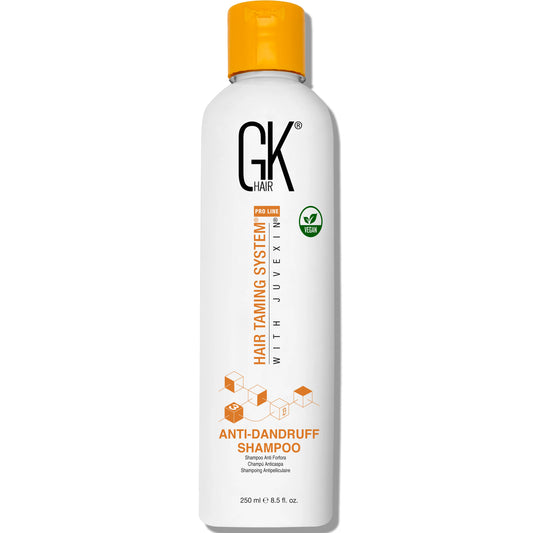
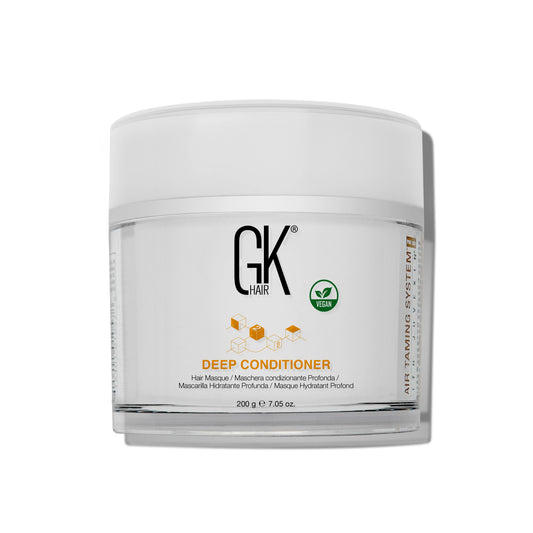

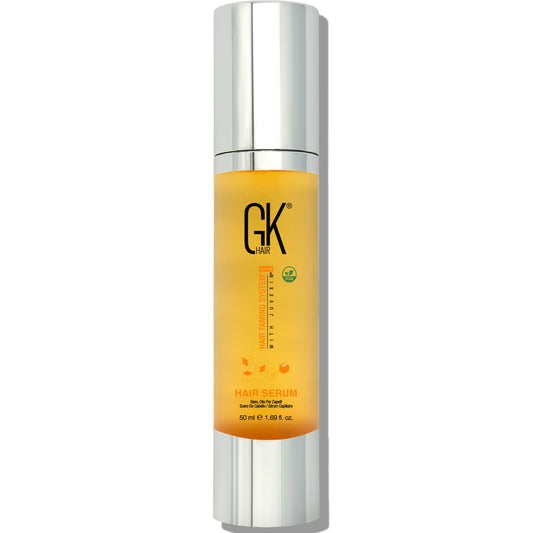

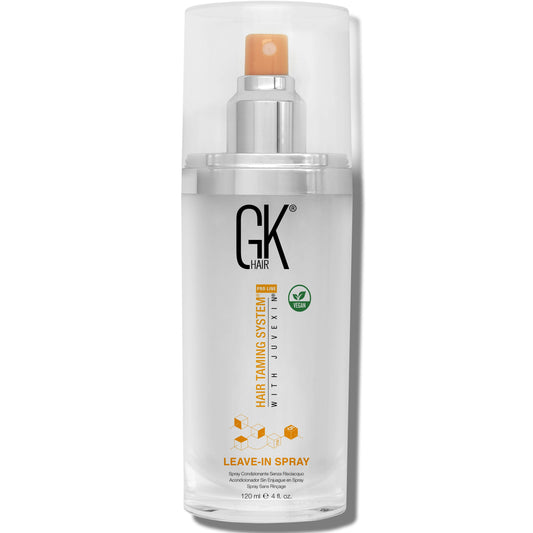
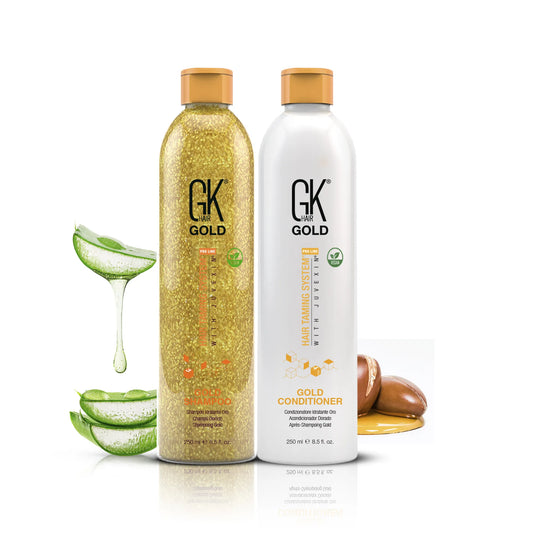
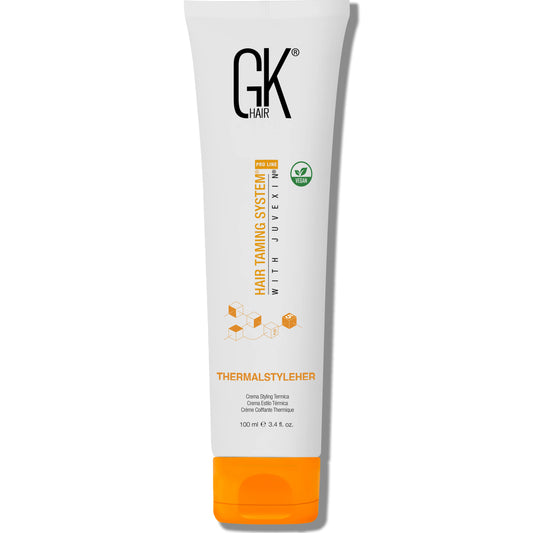
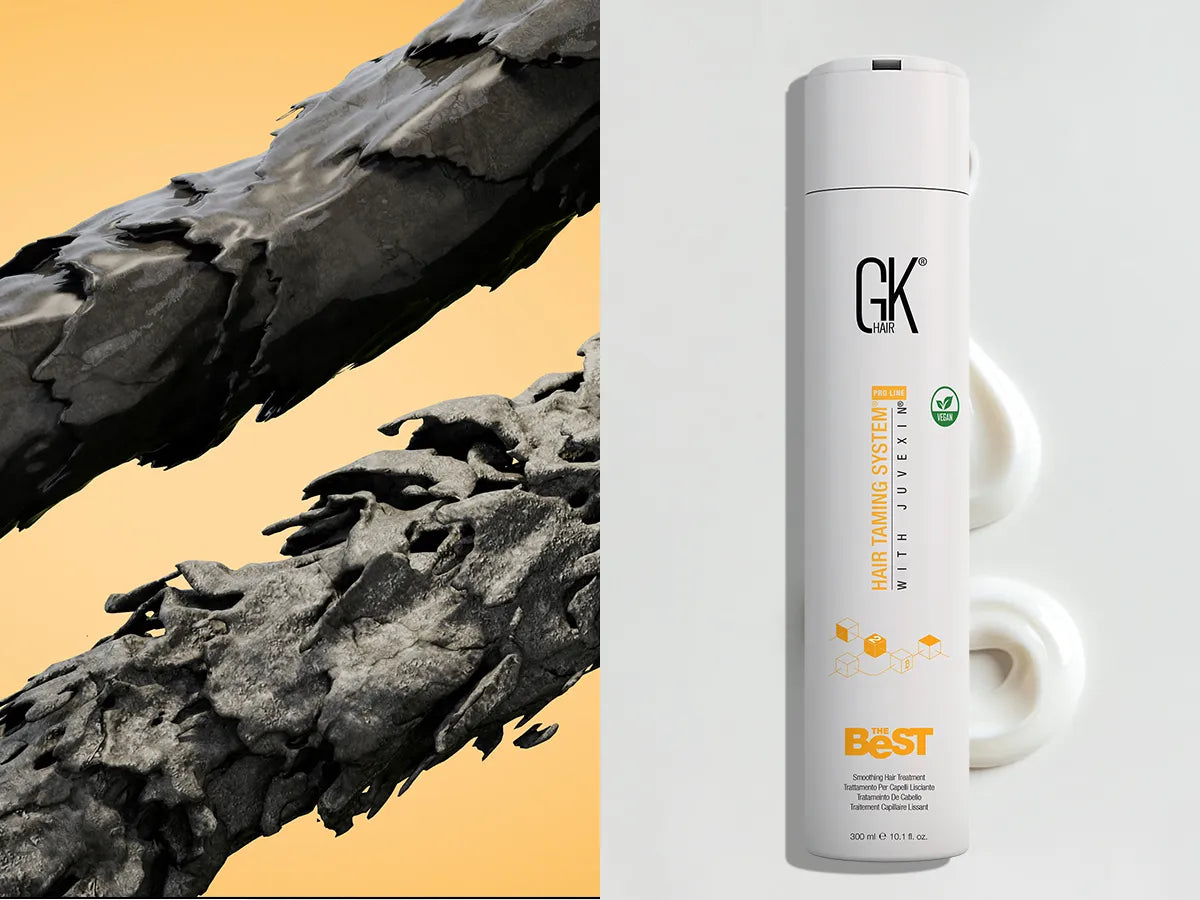
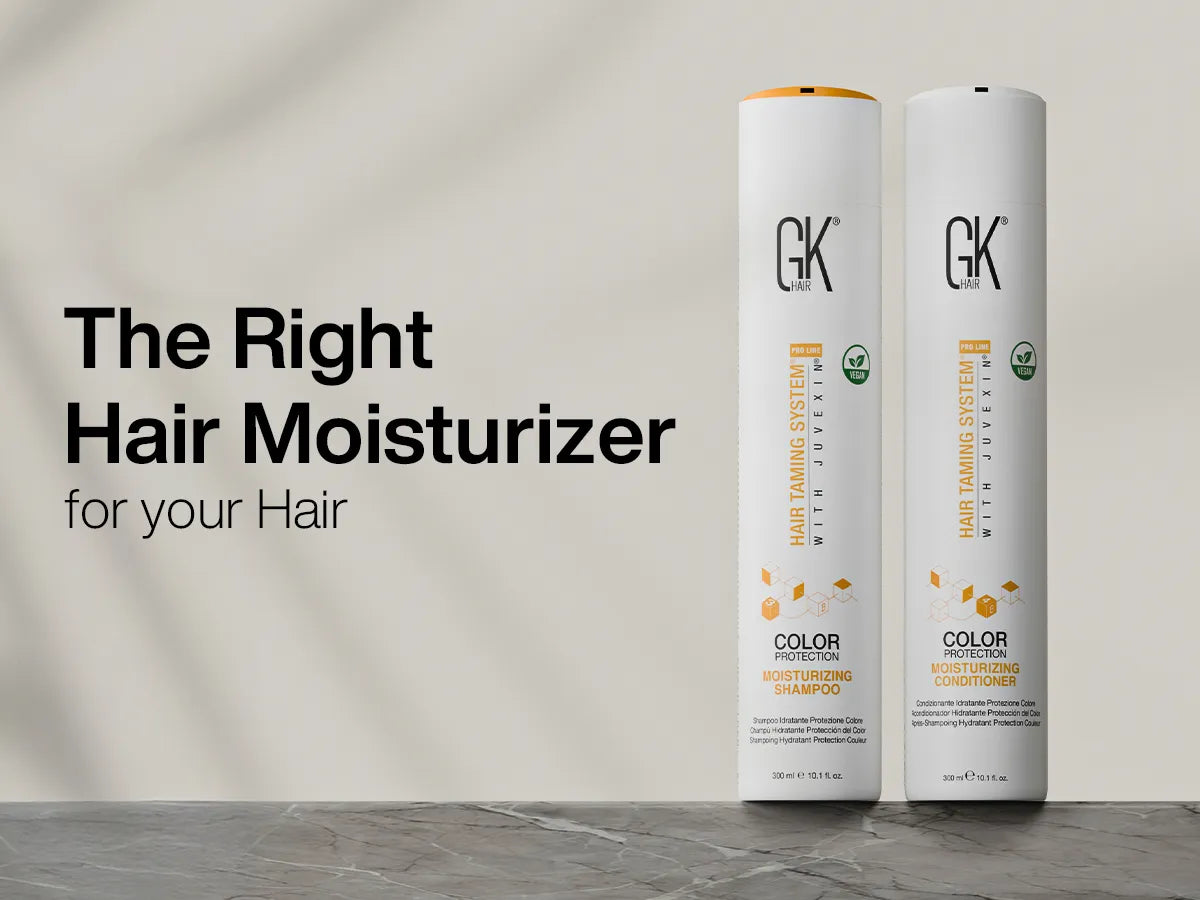
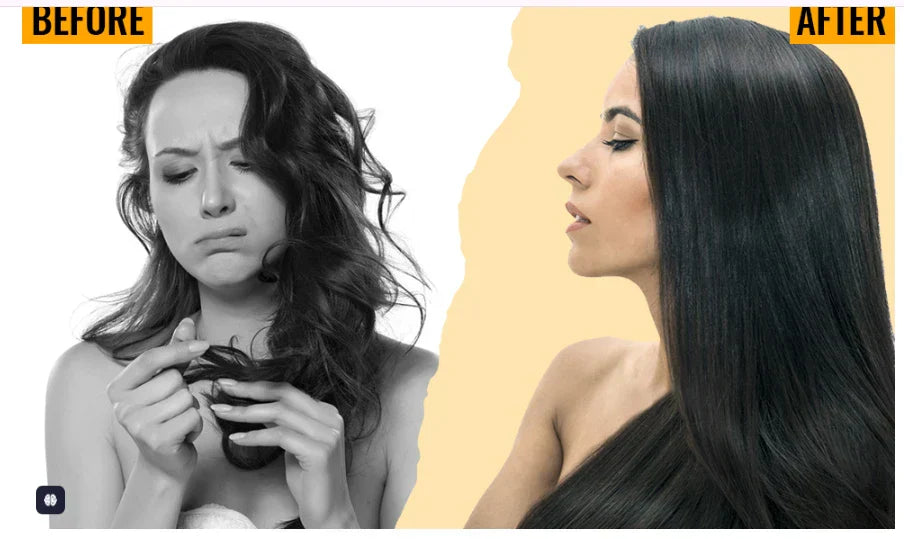

Dejar un comentario